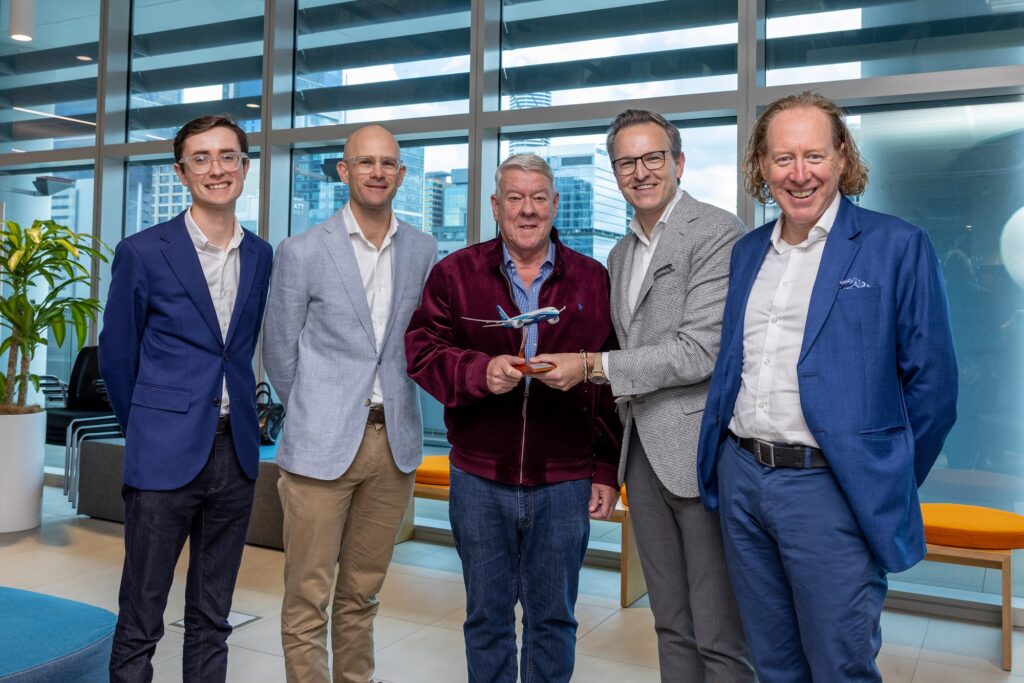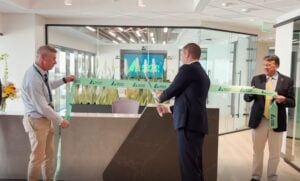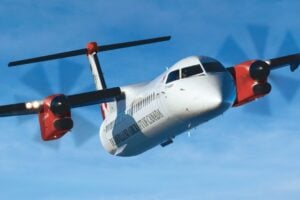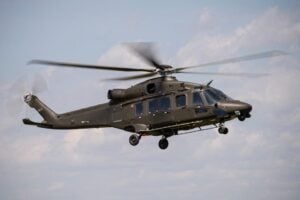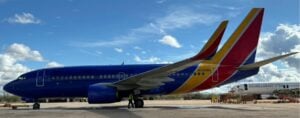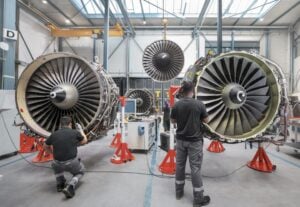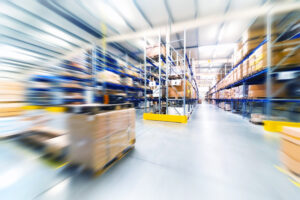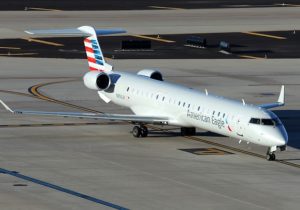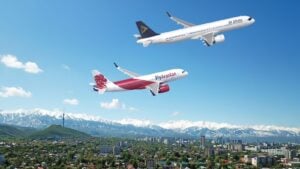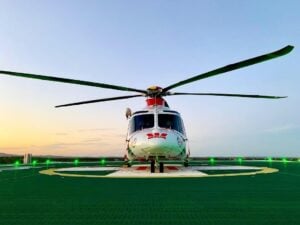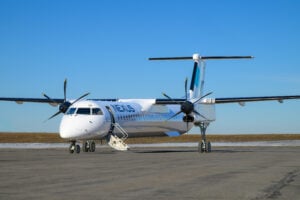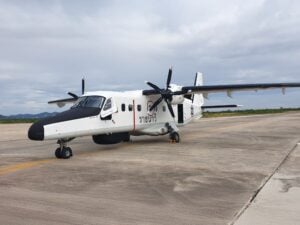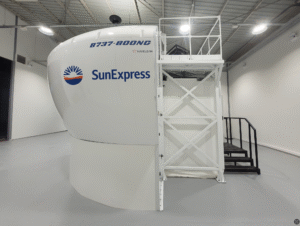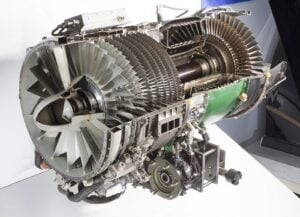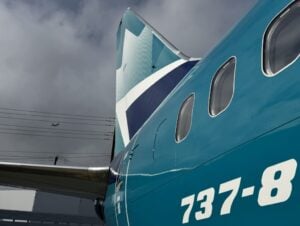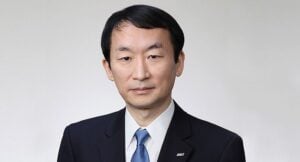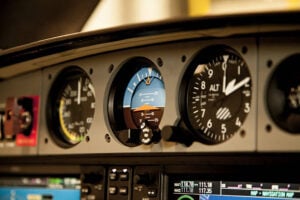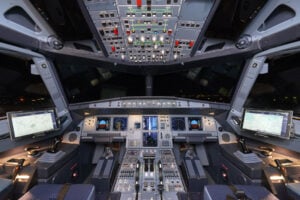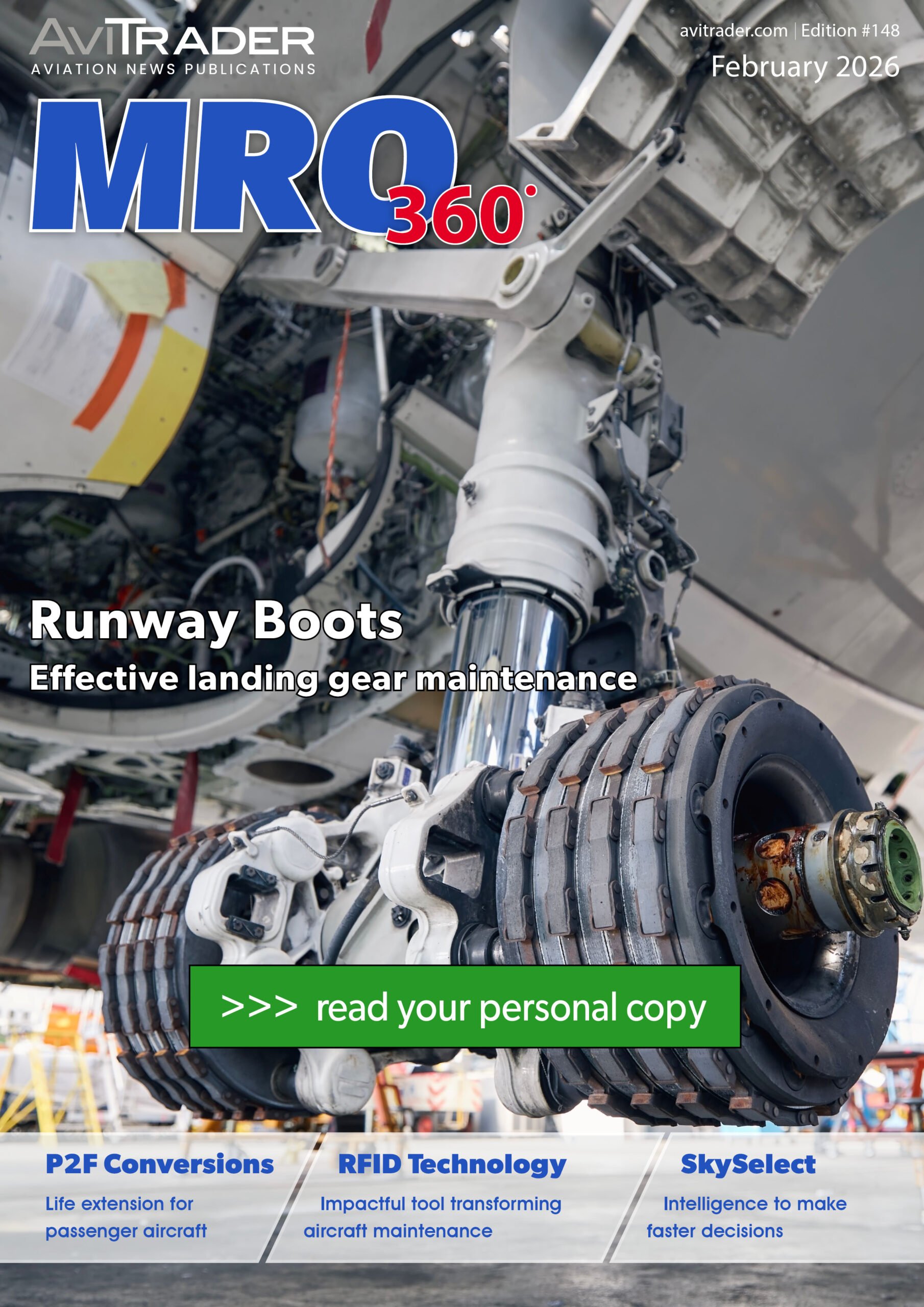Boeing has made an investment in Wagner Sustainable Fuels to support the development of a sustainable aviation fuel (SAF) production facility in Brisbane, aiming to increase Australia’s SAF supply and reduce aviation’s carbon emissions.
Boeing’s investment in the Wagner refinery aligns with its strategy to boost local SAF production and expand global access to SAF, which is considered the most effective way to decarbonise aviation by 2050. SAF can reduce CO2 emissions by up to 84% compared to traditional jet fuel, although it currently accounts for only 0.1% of global jet fuel use.
Matt Doyle, Chief Executive Officer of Wagner Sustainable Fuels, stated, “Our partnership with Boeing to advance the Wagner SAF refinery in Brisbane is a commitment to proactively grow the SAF industry in Australia.” He noted that the investment from the Queensland Government and Boeing would support Australia’s first fully integrated SAF production facility, creating local jobs, enhancing fuel security and reducing aviation’s greenhouse-gas emissions.
Building on an initial partnership announced in April, Boeing’s latest investment will fund an engineering study for the construction of the SAF refinery, which will use waste-to-SAF technology. This process converts ethanol, produced from waste-based feedstocks like industrial waste, into SAF.
Jimmy Samartzis, CEO of LanzaJet, the prominent sustainable fuels technology company, highlighted the importance of this project, saying, “This project allows Australia to continue to stand out as a leader in SAF, now leveraging the solution we co-created with LanzaTech to convert waste carbon into sustainable fuels.”
Andrew Parker, Chief Sustainability Officer at Qantas, added that domestic SAF production is crucial for decarbonising aviation and meeting Australia’s emissions reduction targets, noting Qantas’ commitment to using 10% SAF by 2030 and its AU$400 million investment in Queensland biofuel production through its Climate Fund.

